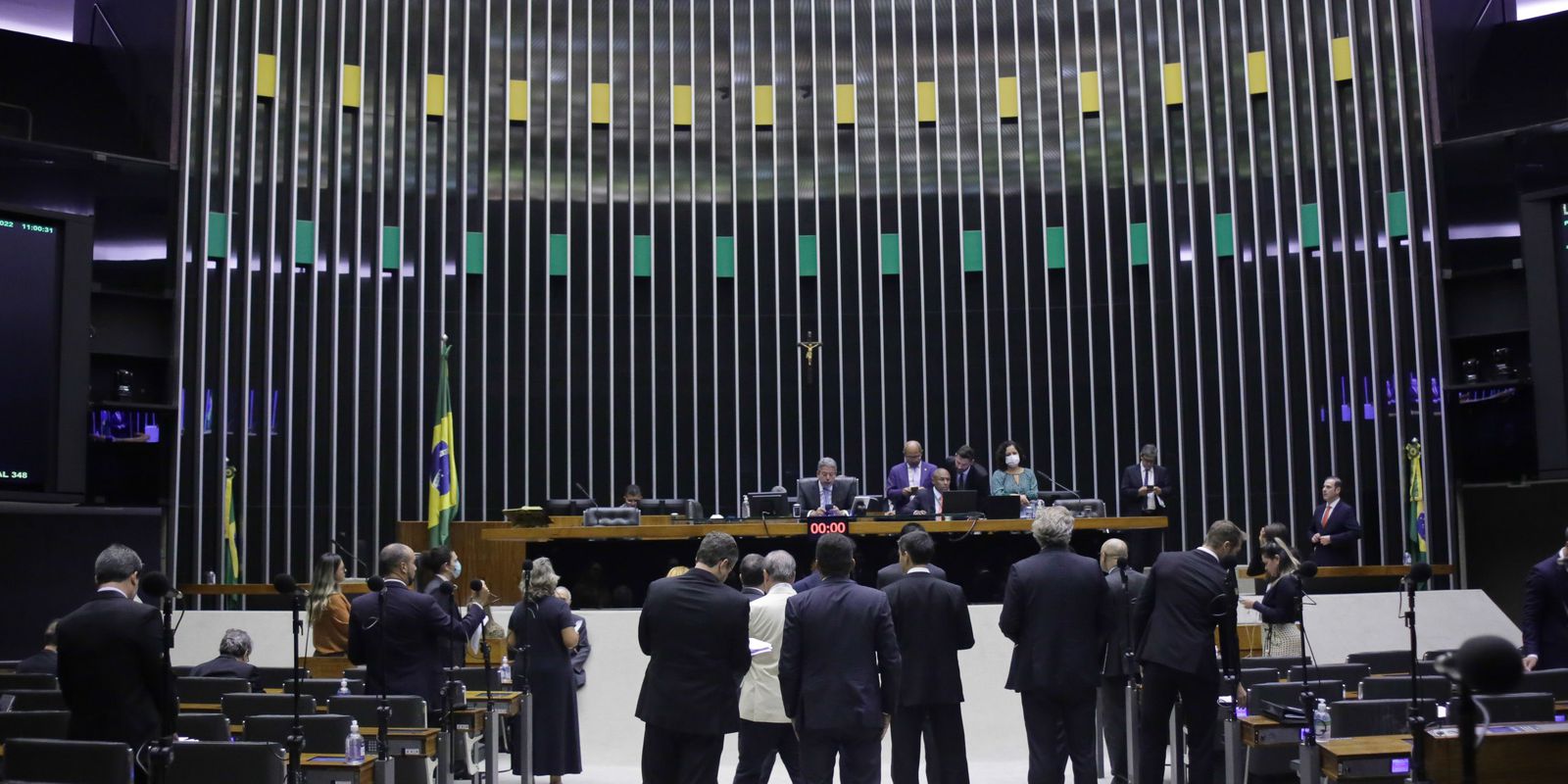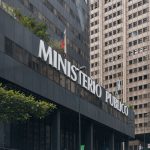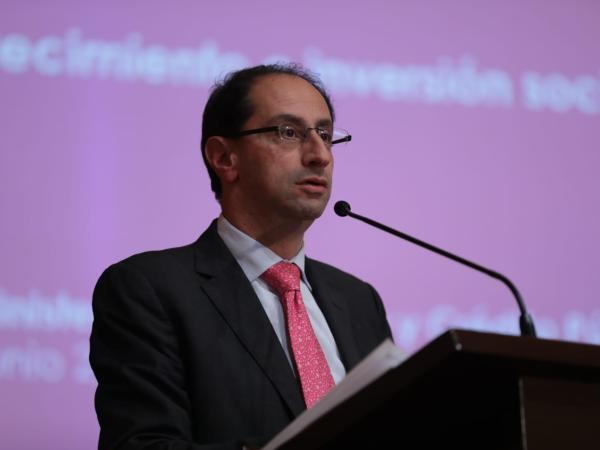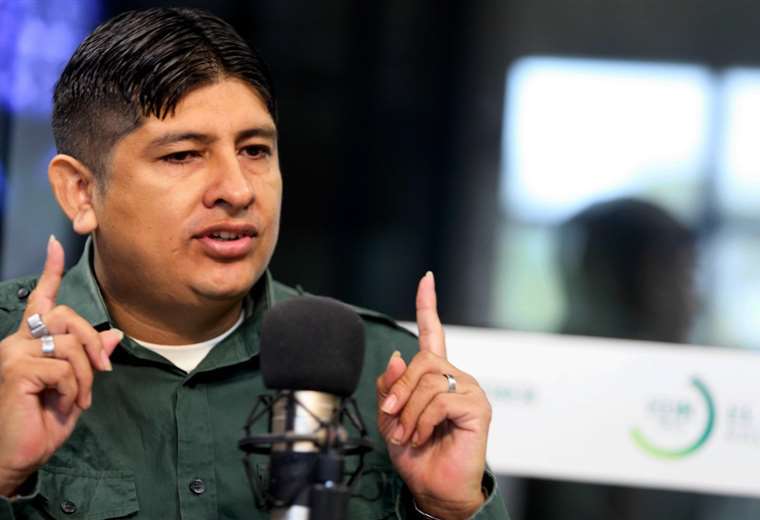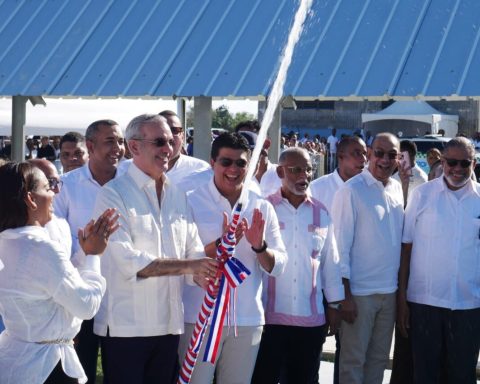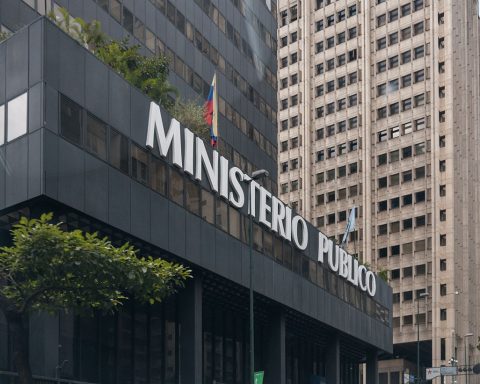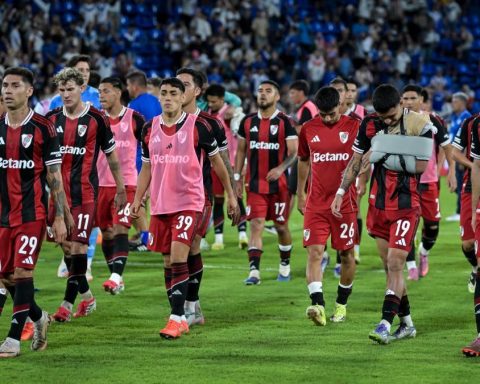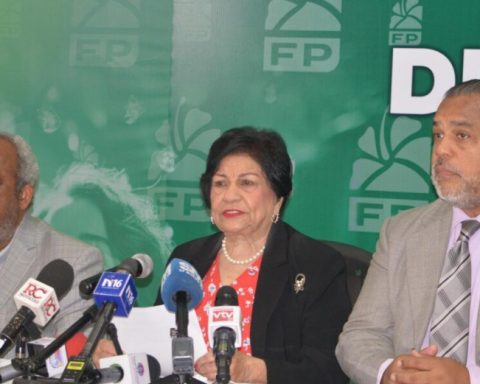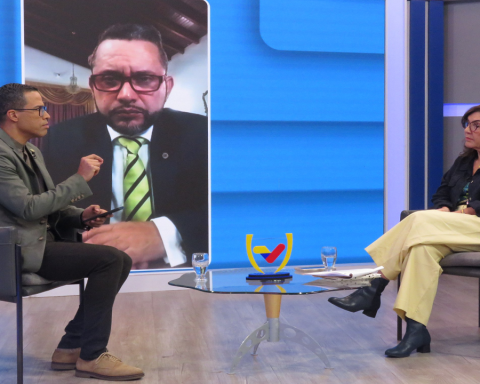The Chamber of Deputies approved today (14) the basic text of the Complementary Bill (PLP) 18/2022, which limits the application of the Tax on the Circulation of Goods and Services (ICMS) on fuels. The text, which originated in the Chamber, passed through the Senate and underwent changes, so it returned to the Chamber.
The deputies should analyze tomorrow (15), in the morning, highlights the excerpts of some amendments included by the senators. The analysis of these highlights began to be discussed in today’s session, but a technical problem prevented the opening of the voting results in the plenary panel. Therefore, the president of the Chamber, Arthur Lira (PP-AL), decided to close the session and resume voting the following day. After the conclusion of this stage, the text will go to presidential sanction.
The project affects the ICMS rate for natural gas, electricity, communications and public transport. According to the proposal, these products would be classified as essential and indispensable, leading to the setting of the ICMS rate at a maximum level of 17%, lower than that currently practiced by states. The PLP also provides for the Union’s compensation for state revenue losses when the revenue loss exceeds 5%.
The text also reduces to zero, until December 31, 2022, the Cide-Fuel rates and the taxation of the Social Integration Program (PIS) and Contribution to the Financing of Social Security (Cofins) levied on gasoline. Diesel and cooking gas already have these taxes zeroed.
Compensation
All deputies approved the amendments coming from the Senate, except for the highlights. Opposition deputies supported the new text, mainly because of an amendment that guarantees resources for the Basic Education Maintenance Fund (Fundeb). This amendment provides that, if states and municipalities lose resources as a result of the law, the Union will compensate them so that Fundeb’s current levels are maintained. The approval of this amendment prevents Fundeb from losing resources with the reduction of ICMS collection. The fund has revenues linked to the collection of this tax.
Like Fundeb, the health area, another resource stamped, will have the transfers guaranteed even if there is a loss of revenue from the states. Stamped resources are those with a defined destination, without the possibility of redirecting them to other areas.
The deputies of the base of the government preferred to attack the tax collection of the states. According to them, the states have had record collections with ICMS, among other taxes, and they need to give their sacrifice quota to help reduce the price of fuel and cooking gas.
Even defending and approving the text approved by the senators, the opposition criticized the argument that the PLP is the best way to reduce fuel prices. They mentioned that Petrobras’ current pricing policy, linked to the international price of a barrel of oil and the value of the dollar, is really responsible for Brazilians paying more than R$7 a liter for gasoline. This pricing policy has been in place since 2017.
Impact on prices
Last week, when the text was being discussed in the Senate, Senator Fernando Bezerra (MDB-PE), rapporteur of the matter in the House, stated that, if approved, the PLP could overthrow at R$ 1.65 the price of gasoline and at R$ 0.76 the price of diesel. However, he pointed out that prices could just “not go up much more”, depending on the international scenario, which influences the price of a barrel of oil and the appreciation of the dollar against the real.
“We are not pricing. There is a war in Ukraine, Russia is responsible for 25% of diesel production in the world, prices are under pressure. It is clear that there may be a rise in prices. But even if there is, it will help it not go up much higher than it would,” he said at the time.
